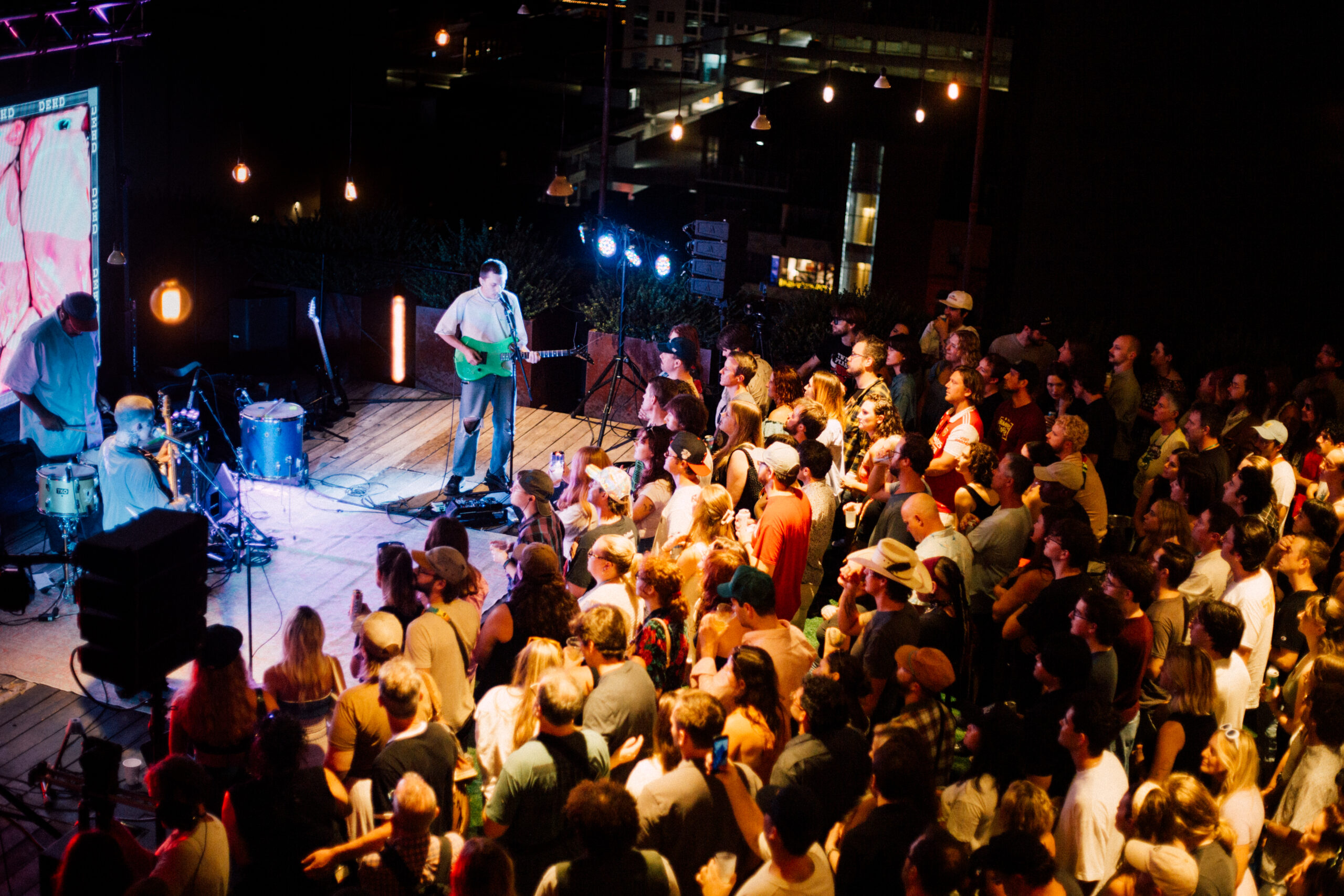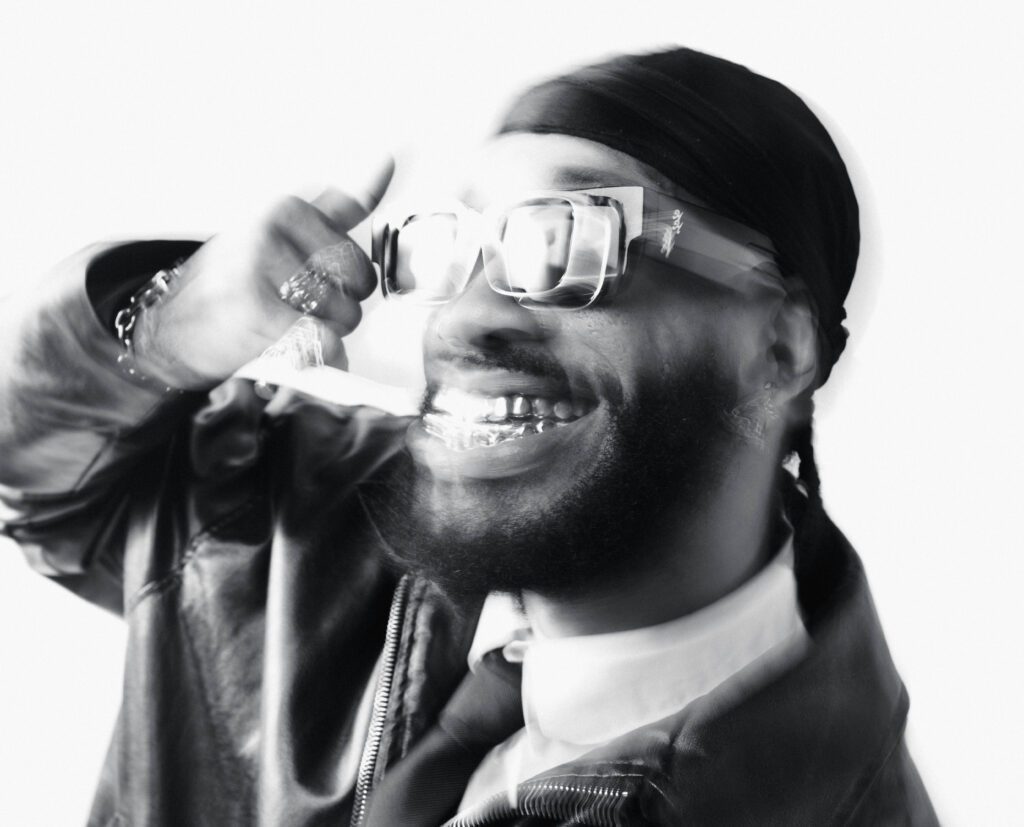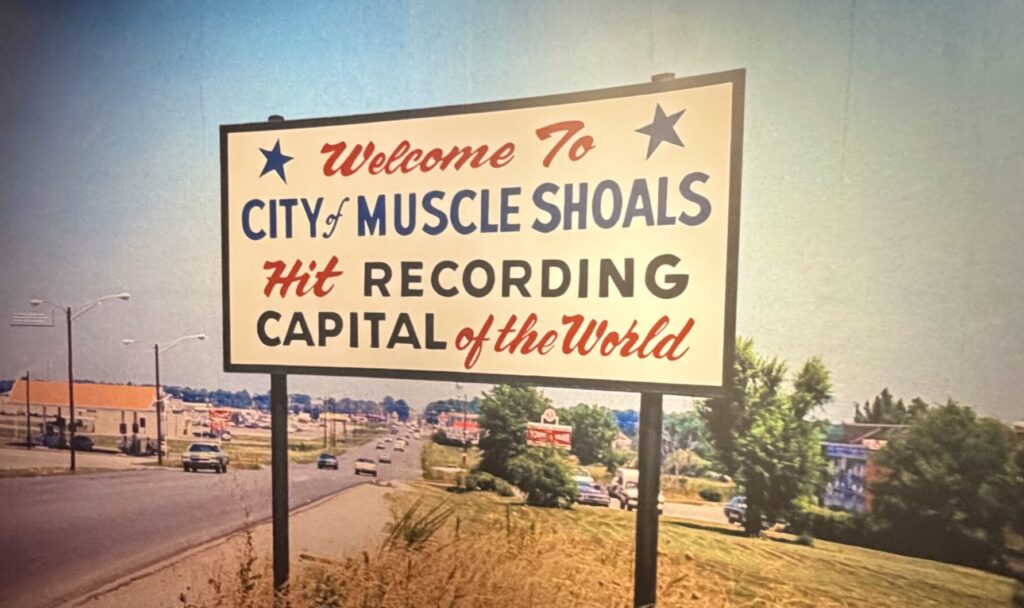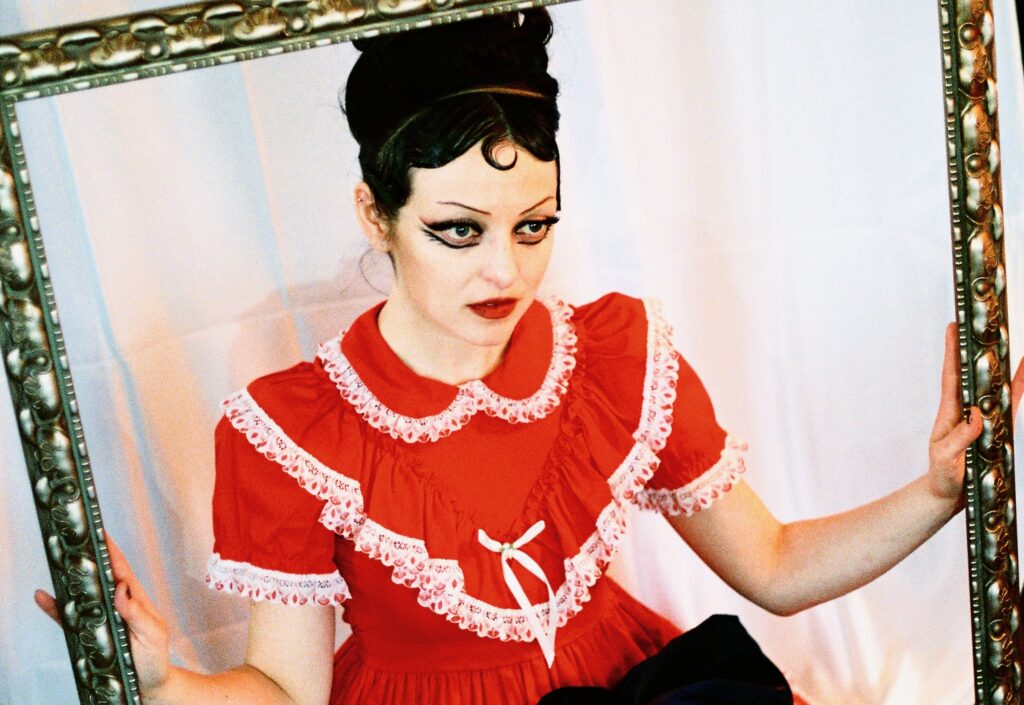When Case Arnold and Ron Gilmore Jr. release their first song together tomorrow, “Tequila Diaries,” it will mark more than an occasion for new music with a laidback, late-night vibe. It’s also the debut of a partnership between a veteran underground rapper and a producer to hip-hop A-listers, with real implications for the Nashville scene in which they’ve embedded themselves.
On a recent weekday morning, Arnold and Gilmore convened in a small, one-room studio founded by A.B. Eastwood and Coleman. Though their sessions typically start later in the day, Arnold and Gilmore were surprisingly cheerful, Gilmore singing the old Folgers coffee “best part of waking up” jingle, only, substituting his name for the coffee brand.
The dynamic between the two collaborators revealed itself as soon as they settled in side by side, Gilmore in the office chair he’d rolled over from the studio computer and Arnold perched on a stool. Asked to introduce themselves on the mic, Gilmore inserted “the one and only” before his name, a gesture of joking bravado, while Arnold kept it supremely mellow, stating his name and occupation, “Tennessee musician,” and concluded by checking in: “That cool?”
Over the last year, they’ve grown comfortable making music together, but their paths to this point couldn’t look more different. Arnold started rapping in Clarksville, and came to Nashville nearly a decade ago to release his own ruminative, poetry-laced rhymes.
Gilmore studied piano at Nashville School of the Arts, before heading to New York and applying his skills to writing, producing and playing with Jay-Z, Lauryn Hill, J. Cole and others on the roster of Cole’s Dreamville Records. Platinum plaques recognizing Gilmore’s role in their hits hang on the wall next to him.
“The obvious, easy thing is to keep working with J, Cole and keep working with Dreamville and build that,” Gilmore observed. “But it’s too obvious.”
Gilmore relishes a challenge. So he returned to Nashville to invest in the generation of hometown hip-hop and R&B talent that ascended while he was away building his career.
“I mean, it just doesn’t make any sense, me coming back and working with Case Arnold from Clarksville,” Gilmore laughed heartily. “It’s just the most unlikely choice. And I think that’s how you know it’s something bigger than us.”
For an artist who came up on the emotional heft and sharp technique of J. Cole, like Arnold did, Gilmore’s interest says a lot.
“With him coming, the word ‘affirming’ has been the word for the year for me,” said Arnold. “The level he’s created [at], I want to create at that level. I do play multiple instruments, but I never went through a lot of training. So I’ve been calling it boot camp, you know, playing music with him and learning the theory side behind it.”
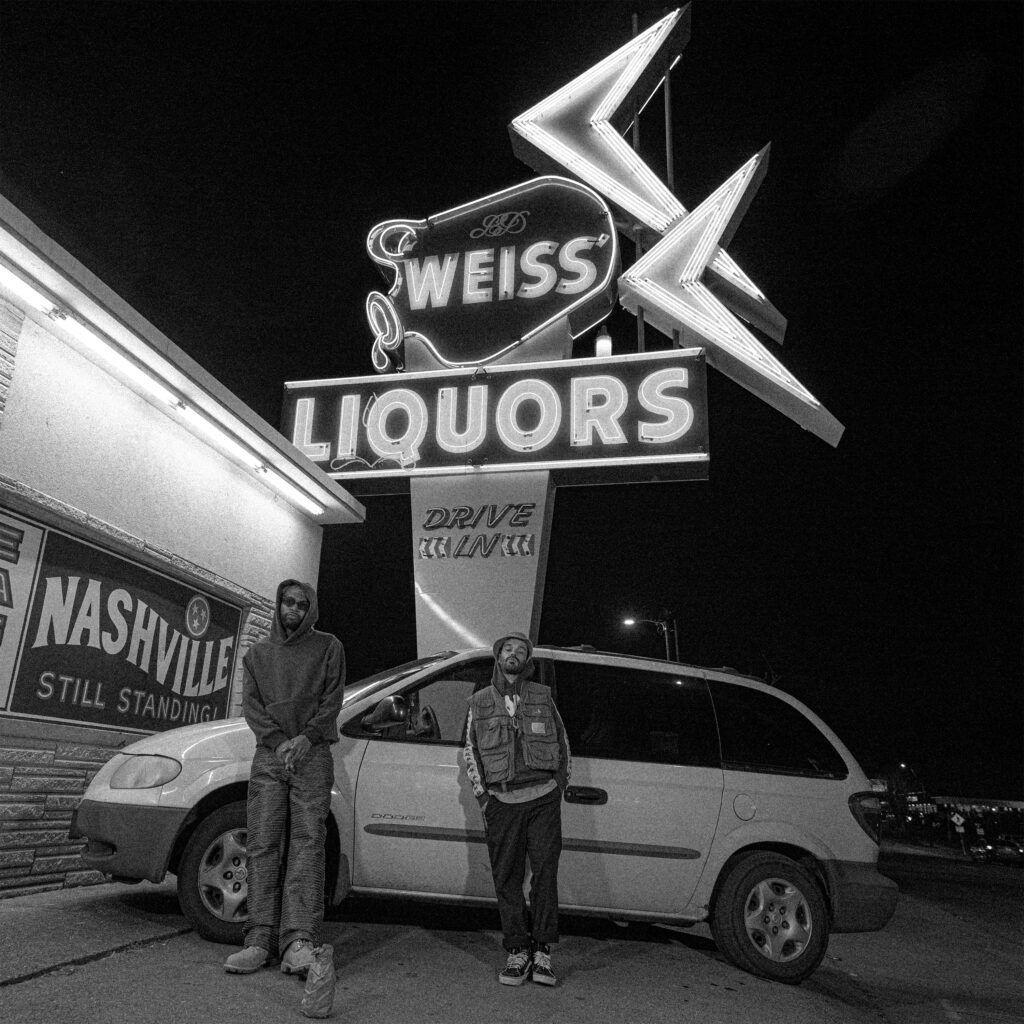
Gilmore says the first song they’re putting out, “Tequila Diaries,” started with a rudimentary concept: spelling out “Tennessee” in the very first line.
“My thoughts was like, ‘Man, if we’re really going to be out here doing this, we need something that’s that says where we’re from and where we’re reppin’ and all that stuff.'”
Arnold agreed. As he tells it, one night they were at his place, listening to the elegantly minimalist beat Gilmore had created, when their friend, alternative R&B singer Bryant Taylorr, came by.
“We didn’t really know he was even coming,” Arnold recalled. “He walks in and Ron’s like, ‘Hey man, you want to sing this hook?'”
The lines that Taylorr sang seemed to materialize out of a haze. Arnold found his flow too, speeding up his typically woozy cadence with tight, sly triplets. The whole song is a casual expression of confidence.
“Never have I ever felt this way about a release,” Arnold remarked. “You know, we’ve been of release music for, like, ten years, But yeah, this one, it’s a different game compared to anything I’ve done before.”
There’s a whole Case Arnold album on the way, and Gilmore’s only getting started on his mentoring phase in Nashville.
“It was the most natural, organic coming together of musicians and producers and creatives that I’ve seen in this town,” he said. “I haven’t seen that here. I’ve seen a lot of work, and we work very well. But the same magic that I was having when we were working on the Cole albums, to see that here, oh man, it lets me know that it can be done here.”

